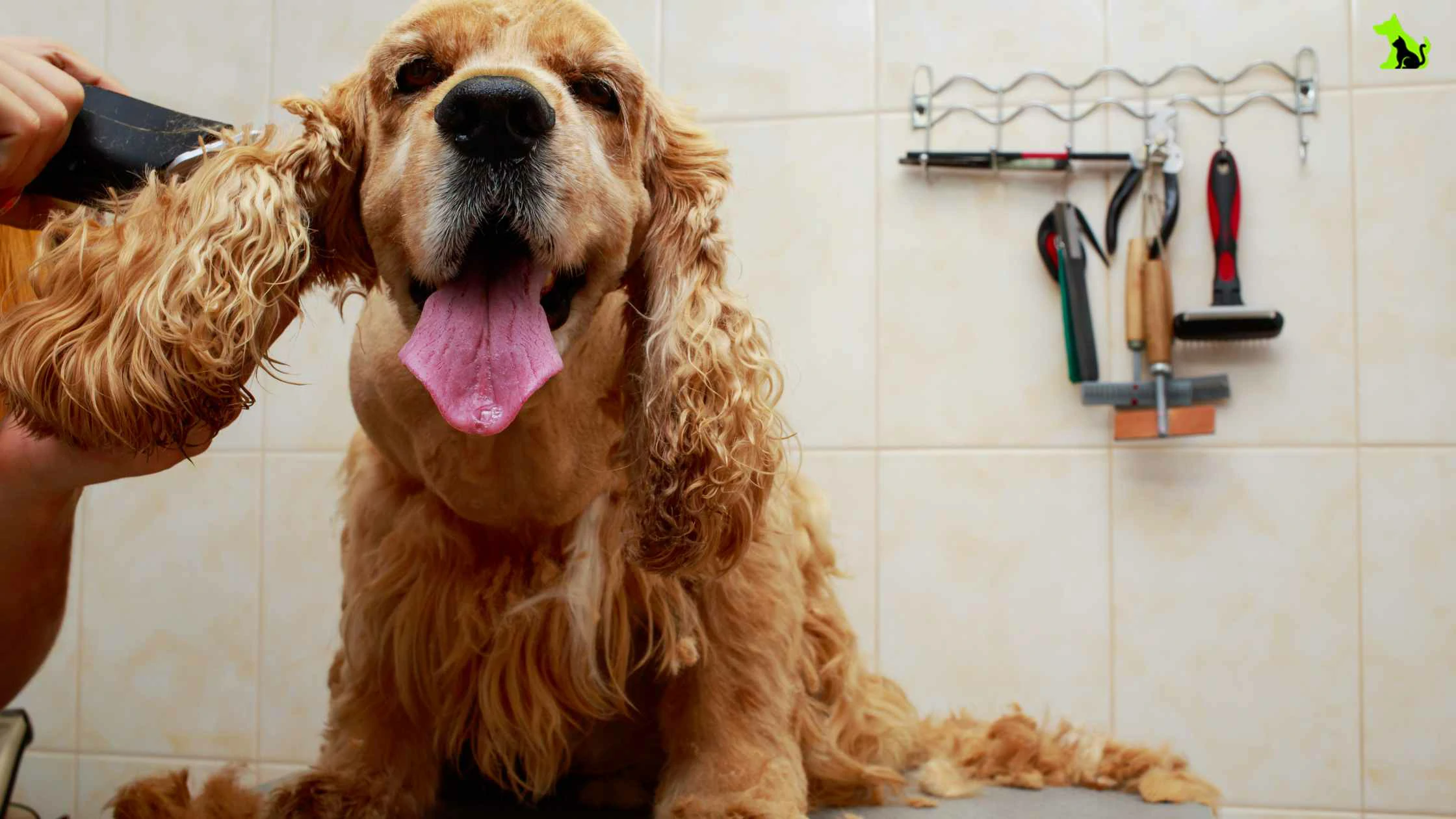
Here at Hello Pets (dog grooming Toronto), the art of grooming meets the love we hold for our furry companions. As dog groomers, we understand that dogs come in all shapes, sizes, and coat types, each with unique charm and grooming needs. So, let's come together into the world of dog grooming, breed-specific insights, and heartwarming stories that celebrate the bond between humans and their canine counterparts.
Understanding your dog's coat type is essential for proper grooming and maintenance, as different coats require different care routines and attention to keep them healthy and looking their best. To begin with, we'll take a look at the different types from the best dog groomers in Toronto -
These dogs have short, sleek, and close-fitting coats. Examples include Dachshunds and Greyhounds.
Double-coated breeds have a soft, insulating undercoat and a coarser outer coat. Dog breeds like the Siberian Husky and Golden Retriever fall into this category.
Long-coated dogs have luxurious, flowing fur. Breeds such as the Afghan Hound and Shih Tzu are known for their long, silky coats.

These dogs have tight, curly hair. Poodles and Bichon Frises are classic examples of curly-coated breeds.
Wire-coated dogs have harsh, bristle-like fur that requires regular hand-stripping or trimming. Terriers like the Wire Fox Terrier belong to this group.
Corded coats form long, dense cords of hair. The Hungarian Puli is a well-known breed with this type of coat.
Wooly coats are dense and tightly curled, similar to the texture of wool. The standard Poodle exemplifies this coat type.
Fluffy coats are characterized by soft, voluminous fur that gives the dog a fluffy appearance. Breeds like the Samoyed and Pomeranian have fluffy coats.
Silky coats are soft and fine, giving the dog a smooth and glossy appearance. The Cavalier King Charles Spaniel has a silky coat.
Breed-specific grooming refers to tailoring grooming techniques and routines to the specific needs and characteristics of a particular dog breed. Each breed has its unique coat type, length, texture, and grooming requirements, and understanding these specifics is crucial for maintaining a dog's health, appearance, and comfort. At Hello Pets, a Toronto-based Dog Grooming Service Centre, we take mindful care of such special needs.

Here's how breed-specific grooming works:
Balanced Diet:
Start with a high-quality, well-balanced dog food that meets your dog's specific nutritional needs. Look for foods with a good balance of protein, fats, and essential vitamins and minerals.
Omega-3 Fatty Acids:
Omega-3 fatty acids, found in fish oil or flaxseed oil supplements, can improve the quality of your dog's coat. Consult your veterinarian for the right dosage for your dog's size and breed.
Regular Grooming:
Brush your dog regularly to remove dirt, loose hair, and debris. Brushing also stimulates the production of natural oils in the skin, which can contribute to coat shine. The type of brush you use should be appropriate for your dog's coat type.
A dog's coat changing color can be due to various factors, including genetics, age, seasonal changes, and underlying health conditions.
Some dogs have coats that change color with the seasons, which is more common in northern breeds like the Siberian Husky, which may have lighter coats in the winter and darker coats in the summer.
Prolonged exposure to the sun can also cause a dog's coat to lighten or fade over time, especially true for dogs with dark coats.
Certain health conditions can cause changes in coat color as well. For example, thyroid imbalances, hormonal issues, and some skin conditions can affect coat pigmentation.
The frequency of dog grooming can vary widely depending on several factors, including the breed, coat type, activity level, and the dog's individual needs. Additionally, consult with one of the best and most professional dog grooming service centers in Toronto, Hello Pets. Or your veterinarian for personalized recommendations based on your dog's specific breed and coat type.